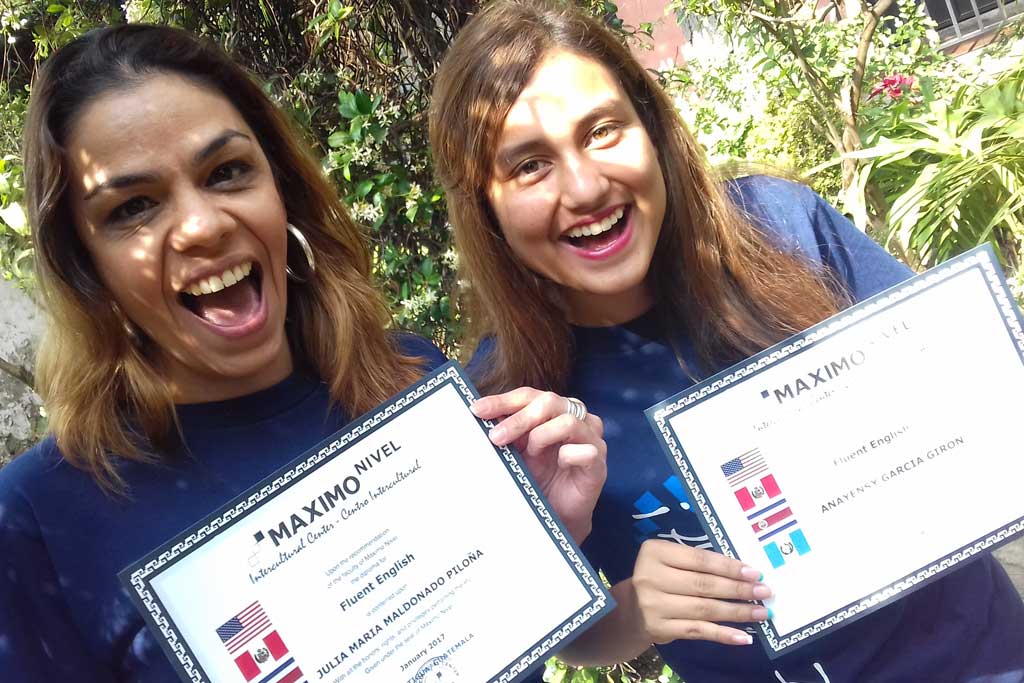Investing time and money into yourself is a definite if you want to experience professional and personal growth. It’s the reason we go into debt to obtain a degree, or why we choose to take calculated risks for positive results. Choosing to enter a TEFL Certification program is no different. If you’re thinking about getting a TEFL certificate there are a number of questions to ask yourself, and factors to acknowledge. Read below for 5 things to consider before getting TEFL certified abroad.
Why Get TEFL Certified?
It starts with this one-word question. Why? Why do you want to become a certified English instructor? Do you just want some extra money as you travel? Do you have previous teaching experience and are looking for advancement in your career? Do you have what it takes to be a successful instructor? You may not have the answer to that last question until you actually take the course. You may not have any answers and it’s just something you would like to explore as another career opportunity.
This is all fine, however, consider that English students are just like you. They are investing in English courses to advance themselves personally and professionally, as well. As an English instructor, they will depend on you for the tools needed to learn the language. Students need your time, patience, and clear instruction. Consider how you might be able to positively impact a student’s life as you move through lessons, build relationships, and gain experience. Teaching may or may not begin as a passion of yours, but the answer lies in the journey.
Where to Get TEFL Certified?
Another huge question to consider. Where in the world will you choose to take your TEFL course? Consider culture, geography, climate, and distance. Will you be ok with a 7 hour time difference from home? What about the challenges of new languages, foods, and customs? Can you tolerate hot, humid, and muggy conditions? Or are you more of a snow bunny? These are all things to consider when choosing the location of your course.
In addition, you will want to know about the job opportunities available in the area you do your TEFL course. If it’s a place you’re looking to settle in for a bit, how difficult is it to land a position in a public school? What about private institutes? Is a Bachelor’s Degree a requirement? What’s the pay like compared to the cost of living? Do your research to make the best decision.
Speaking of Research…
There’s more research to be done than just looking at location. What about the actual TEFL program in that location? Not all programs are created equally. After deciding on a country, look at the various companies that offer the TEFL program for your location. Is it an accredited program? What are past students saying about it? The more you can gather from primary sources, the better.
Reach out to a representative of the company and ask as many questions as needed. Be wary if the representatives take more than 3 days to reply, or if they don’t reply at all. A company with poor customer service is sure to maintain low quality service throughout the program. High-quality programs will answer any questions or concerns in a timely manner. You can even ask to be connected with a former client so you can speak with someone directly and honestly about their experience in the program. Ask about content covered, instructors, classroom setting, and value to get a good understanding of what to expect.
Costs of TEFL
When researching you’ll find that program costs vary. Why is that? There are a few things to consider here. Number one, location. Location makes a huge difference in the pricing. An institute in Costa Rica will likely charge a bit more than one in Guatemala due to the higher costs of living. Wages are higher, and so is rent, therefore program costs will also be higher. Another thing to consider is materials. Does your program include text books? What about home stays? Emergency support? Adventures and excursions? And last, but certainly not least, quality. You get what you pay for, right?
Requirements
Know the requirements for your program. Some require a Bachelor’s Degree, as it is more likely you will find a job. Some require more course hours than others. To obtain a competitive position teaching English, look for a program that offers at least 120 course hours, 6-10 observation hours, and hands-on teaching experience in the classroom.
Standard online TEFL courses will not be able to offer the hands-on training, and observation hours as might be required for a position. Therefore, if you are looking to gain classroom experience, an on-site program will be a better option. But if you are seeking a volunteer position teaching English, the convenience of obtaining a certification at home might be a good way to go.





